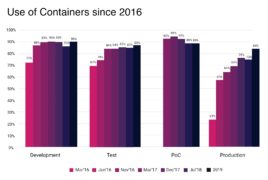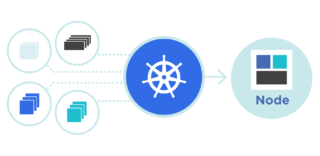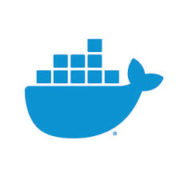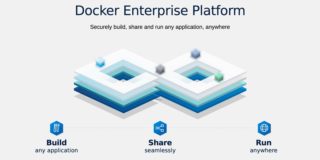Topic: containers
Red Hat releases new container management solution
Red Hat is unveiling a new container management solution as part of its virtual Red Hat Summit happening this week. The Red Hat Advanced Cluster Management solution for Kubernetes aims to extend and scale Red Hat OpenShift and accelerate digital transformation initiatives. According to the company, many modern application development teams are still using outdated … continue reading
Tern 2.0 comes with Dockerfile lock
The latest version of the VMware-originated open-source container inspection tool Tern is now available. Tern is a project in the Linux Foundation Automated Compliance Tooling (ACT) workgroup. Tern 2.0 introduces an anticipated feature called Dockerfile lock, which is designed to make Docker images more easily reproducible. “Why is this necessary? Dockerfiles are used to automate … continue reading
Aqua Security announces dynamic threat analysis for containers
Aqua Security’s new Dynamic Threat Analysis (DTA) solution was designed to protect container-based environments against malware that can only be detected through dynamic analysis of a running container. The company said that it has seen a sharp increase in sophisticated attacks on containers that use obfuscation and evasion techniques to avoid detection by static scanners. … continue reading
HPE Container Platform now generally available
HPE has announced that the HPE Container Platform is now generally available. The company first announced this solution in November. According to HPE, the HPE Container Platform will support cloud-native and non-cloud-native applications using Kubernetes, running on bare-metal or virtual machines, in data centers, in public clouds, or at the edge. The main advantages of … continue reading
Report: Cloud-native projects now the norm in production
Cloud-native deployments are now the norm. According to CNCF’s community survey, cloud-native projects are increasingly being deployed in production. The CNCF community survey was conducted in September and October 2019, and the company received 1,337 responses. The goal of the community survey is to understand where and how cloud native technologies are being adopted, the … continue reading
Canonical: Don’t try to reinvent Kubernetes
The open-source container orchestration project Kubernetes has seen significant growth since it was first released in 2015. Just in the last year, more specialized use cases have come out for the project, but Stephan Fabel, director of product at Canonical, the company behind the Ubuntu Linux distribution, warns users about taking Kubernetes too far in … continue reading
ITOps Times Open-Source Project of the Week: gVisor
Google has developed a sandbox for container runtimes called gVisor that is focused on security, efficiency, and ease of use. “Containers are not a sandbox. While containers have revolutionized how we develop, package, and deploy applications, running untrusted or potentially malicious code without additional isolation is not a good idea. The efficiency and performance gains … continue reading
KubeCon Day 2: Oracle’s new cloud-native solutions, Rancher Labs’ K3s, and Red Hat CodeReady Workspaces
The second day of KubeCon is underway, and companies are still announcing new products or updates to existing solutions. Here are some announcements that we made today: Oracle announces new cloud-native solutions Oracle has announced a number of new solutions and updates. It announced that on December 3, Apache Kafka will be compatible with Oracle … continue reading
ITOps Times Open-Source Project of the Week: Project Quay
Red Hat has announced Project Quay is now open sourced. Project Quay is an upstream project that represents the code in Red Hat Quay, Quay.io, and years of work around Red Hat’s and CoreOS’s Quay container registry. “Quay was the first private hosted registry on the market, having been launched in late 2013. It grew … continue reading
Demystifying a Docker image
Six months ago ForAllSecure started analyzing Docker images. What does this mean? Imagine we have a user who wants us to fuzz their application. How do they give it to us? Do they tar it up? Do they give us access to an environment where it’s running? Do we integrate into their build pipeline? Applications … continue reading
Mirantis obtains the Docker Enterprise Platform business from Docker
Mirantis is expanding its Kubernetes offering with the help of the Docker Enterprise Platform. The company announced it would be acquiring the business from Docker in an effort to deliver Kuberetes as a service and provide a consistent experience for developers. “The Mirantis Kubernetes technology joined with the Docker Enterprise Container Platform brings simplicity and … continue reading















